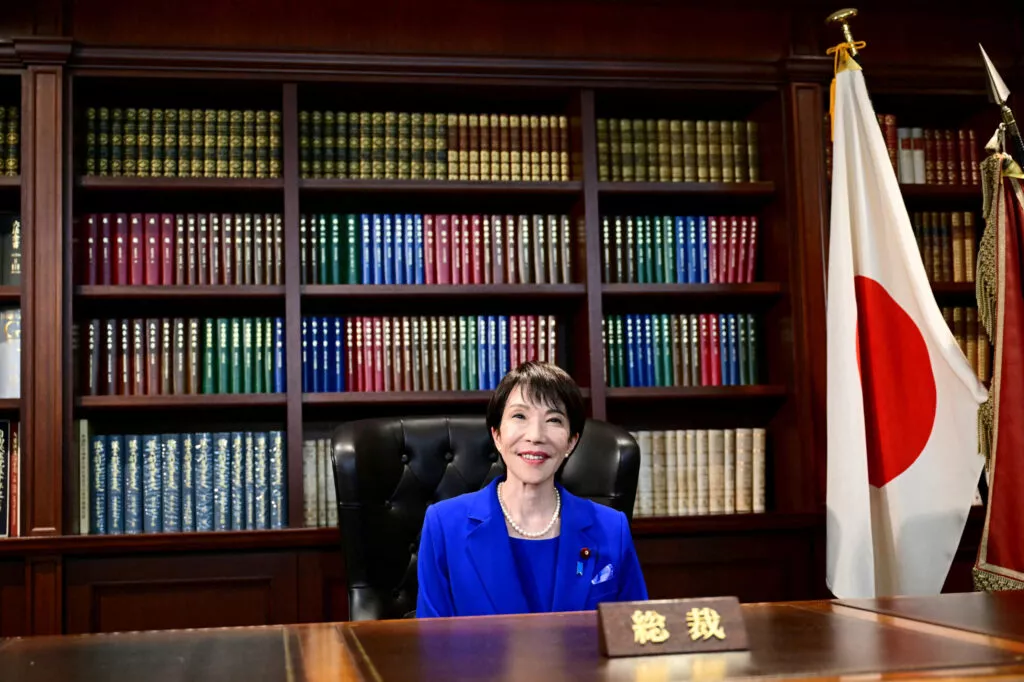Sanae Takaichi, the leader of Japan’s ruling Liberal Democratic Party, was elected the country’s 104th prime minister on Tuesday by lawmakers in parliament, becoming the country’s first female to hold the office.
She got 237 votes in the all important Lower House, more than what’s needed for a simple majority.
Political Stalwart
Sanae Takaichi, one of Japan’s most influential conservative politicians, has built a formidable reputation as a staunch nationalist and a rare female power figure in the male-dominated world of Japanese politics.
Also Read:
Her political journey began in 1993 when she was first elected to the House of Representatives. Initially a member of the reformist New Party Sakigake, Takaichi soon aligned herself with the LDP, where she became a close ally of the late Prime Minister Shinzo Abe, whose conservative policies and vision for a stronger Japan she openly shared.
Over the years, she has held several high-profile cabinet positions, including Minister of Internal Affairs and Communications, and Minister of State for Science and Technology Policy.
Nationalist Views
Takaichi is best known for her hardline stances on defense, constitutional reform, and national identity. She has repeatedly called for amending Japan’s pacifist Constitution to strengthen the Self-Defense Forces and supports a more assertive security policy toward China and North Korea.
Domestically, she champions traditional family values and has expressed reservations about legalizing same-sex marriage, aligning her with Japan’s right-wing establishment.
In 2021, Takaichi made history by running for the leadership of the LDP, becoming the first woman to mount a serious challenge for Japan’s top political office though she ultimately lost. The fact she would eventually win the position and ultimately become Japan’s first ever female prime minister therefore comes as no surprise.

























